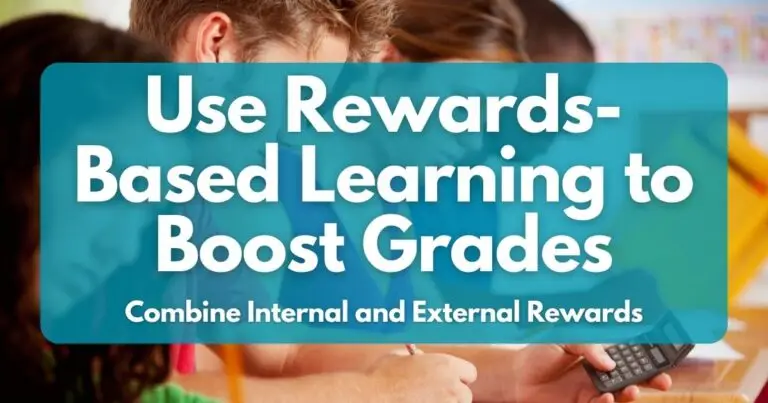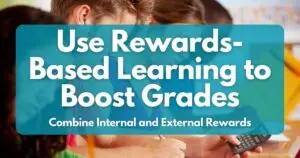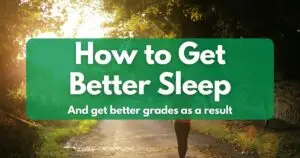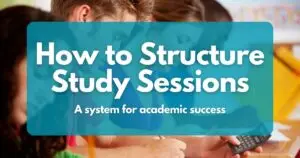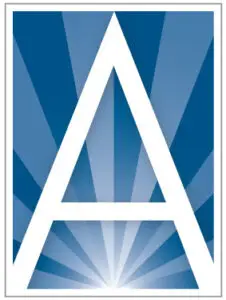TRANSCRIPT:
0:00:04 Hi, everyone. It’s Pete from Achieve Tutorials. Today I’m going to be following up on a video we did about structuring your study sessions. And one of the things I mentioned was rewarding yourself at the end of a study session. But before we get to that, if you haven’t subscribed, please click on that subscribe link. Okay, today we’re going to talk about three different types of rewards-based studying. But let’s talk about rewards-based studying in general. First, rewarding yourself at the end of studying teaches your brain that studying is a positive experience and it helps you to study more effectively in the future.
0:00:38 It actually triggers a dopamine response in the brain, and that helps associate that good feeling of the dopamine hit with the studying. So let’s talk about the three different types of studying rewards that you can apply to your study sessions. The first one is internal rewards, and then we’re going to talk also about short term external rewards and long term external rewards. So let’s start with internal rewards.
0:01:04 It turns out, contrary to what you might think, that internal rewards are a more effective method of rewarding yourself in the long term. And these internal rewards should go along with your external rewards as well. Internal rewards include things like self congratulations, a sense of accomplishment or pride in good, hard work in a study session. Internal rewards can be about feeling really good after accomplishing a certain task on the way to a larger project. You can write yourself a congratulatory note, just a short note saying, hey, really good job in this study session.
0:01:37 You can share those successes in your studying with family and friends. Whatever you choose, recognizing that your hard work has paid off in a study session is really valuable. Okay, let’s move on to some short term study rewards. These are rewards that you would give yourself after an intensive 30 or 45 minutes study session. Something small and manageable, but something you really enjoy. It could be a decadent snack. It could be a stroll around the neighborhood. It could be listening to your favorite song, or playing a short video game in a really controlled, limited session, or watching one short episode of your favorite show.
0:02:16 You could sit down and read a book for a few minutes. You could take a hot shower or a hot bath. Maybe you like doing crossword puzzles, do a crossword puzzle, do some doodling, draw some art. Sit down with friends or family and find some enjoyable time. Whatever it is, a small, short term 10-15 minute break to reward yourself for accomplishing your study goal in one of your intense study sessions.
0:02:41 Now let’s move on to the larger long term rewards. This is for when you’ve completed, say, a big project in school or you’ve written a nice ten page paper and you’ve completed the paper and you want to reward yourself with something a little bit larger. It can be something like spending a day at the beach or going to a movie with friends or even going to a concert. You might throw a party for your friends at the end of finals, something like that. That’s a reward for the hard work that you’ve put in. Now, I do want to talk about the nature of these rewards.
0:03:15 The first thing you want to do is make sure that these rewards are something that you actually value, that you really enjoy. Second, make sure that you reserve these rewards for only when you’re finished with your task, when you’re finished with studying. For example, if your favorite candy are Kit Kat bars, don’t have Kit Kat bars except after you’re done with your short study session. That way you will associate the Kit Kat bar, the reward, with the studying, and otherwise it would just dilute the effect and it wouldn’t be that effective.
0:03:47 I also want to point out that these rewards are not an excuse for procrastinating. You don’t want to reward yourself before you’ve completed the task. You only want to reward yourself afterwards. So don’t use these as an excuse to not get to your task at hand. For example, if you love reading, sitting down and reading a book and delaying starting your homework is not the right way to go about it. You finish your work, you finish your studying, and then you go to your favorite book.
0:04:14 And finally, I’d like to point out that rewards are really, really personal. So a reward for someone like, hey, a quick workout in the gym might actually be torture for someone else. So make sure you’re picking something that you really do enjoy. All right, I hope that helps. Please subscribe and I will see you next time.
0:04:32 Thank you for watching. And for more information you can go to our website for more videos on our blog or subscribe to our YouTube or Instagram feeds. And don’t forget, Aim Higher!

